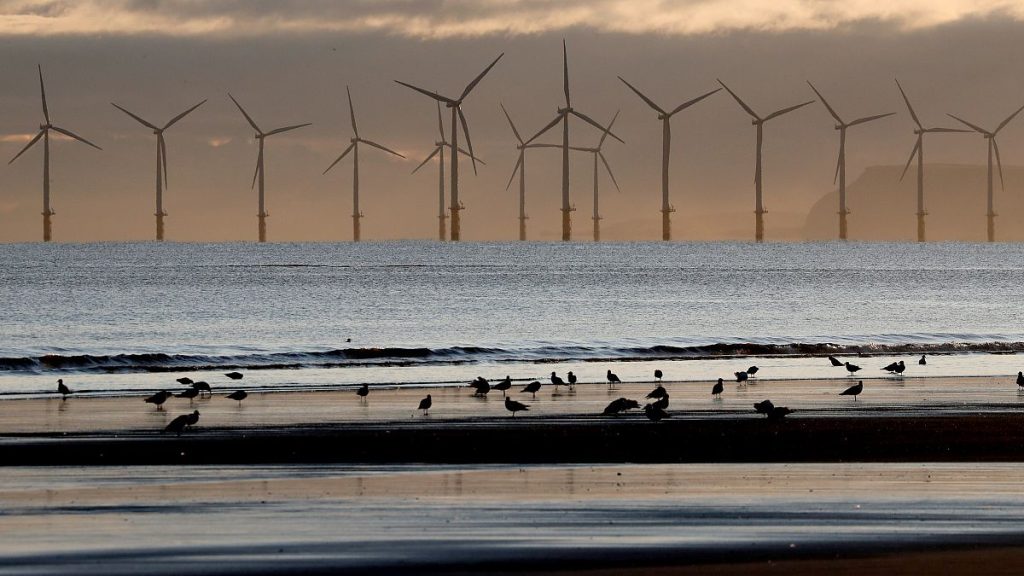The Swedish government has rejected plans to build 13 offshore wind farms in the Baltic Sea due to security concerns. The farms were intended to be located off the Åland Islands in the north along the entire east coast down to Öresund. The decision was made based on the belief that building the projects in this area would have unacceptable consequences for Sweden’s defence. Specifically, Swedish Defence Minister Pål Jonson stated that the wind farms would make it harder to detect and shoot down missiles using Sweden’s Patriot batteries in case of a conflict. Only one more wind farm has been approved to be built along the country’s east coast, with the government already giving the green light to two offshore wind farms on the west coast.
One of the approved projects, the Poseidon wind farm off Stenungsund on the west coast, involves a maximum of 81 wind turbines that can contribute 5.5 terawatt hours per year. This is the third offshore wind project to be approved since 2022, with 10 more applications still awaiting a government decision. The rejection of the applications for wind farms has raised questions about how Sweden will meet its plans to double annual electricity production over the next two decades. The government aims to achieve this through building out nuclear power, with a goal of adding 2500 megawatts of nuclear power by 2035 and 10 new reactors a decade later. However, critics argue that demand for electricity is expected to rise faster than new reactors can be built.
The decision to reject the plans for offshore wind farms has sparked a debate about the balance between renewable energy and national security in Sweden. Some argue that the country should prioritize national defence over renewable energy projects, especially in a time of global geopolitical uncertainty. Others believe that it is possible to find a compromise that allows for the development of both renewable energy sources and national security measures. The government’s focus on expanding nuclear power as a means of meeting its energy production goals has also faced criticism, with concerns about the safety and environmental impact of nuclear reactors.
Despite the rejection of the offshore wind farm plans, the Swedish government remains committed to increasing its electricity production and transitioning to more sustainable energy sources. In addition to nuclear power, the country is exploring other renewable energy options such as solar and hydroelectric power. The government is likely to face continued pressure to address the challenge of balancing energy production goals with national security concerns and environmental sustainability. Ultimately, finding a comprehensive and effective energy strategy that addresses all of these factors will be crucial for Sweden’s future energy security and environmental sustainability goals.


